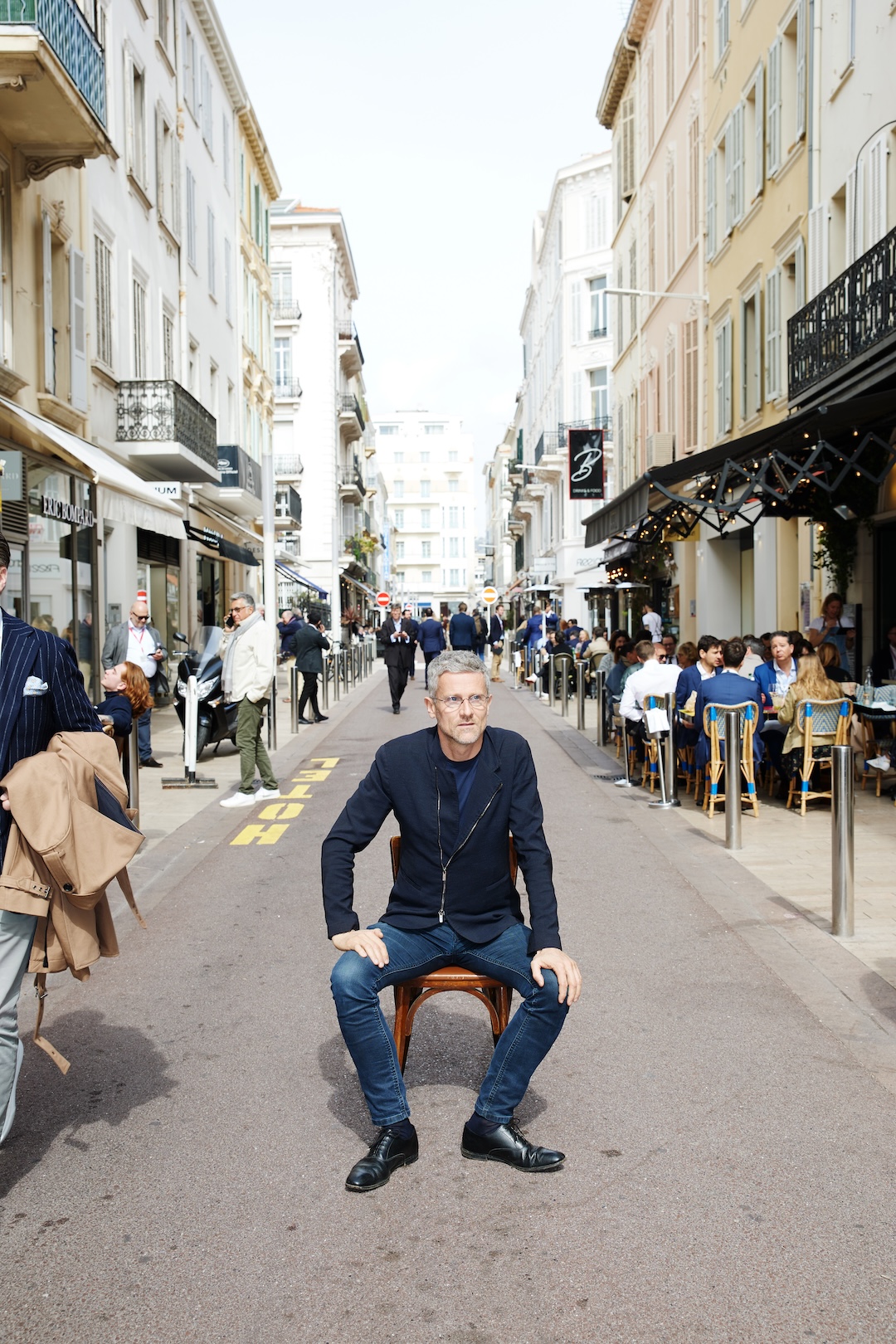

topos 132: AI Pioneers
Artificial intelligence is no longer a promise of the future – it has already become part of the systems that run our cities. It drafts emails, designs buildings, steers traffic, and powers civic chatbots. It answers before we finish asking. Sometimes it lies, sometimes it hallucinates – and yet it always responds.This issue of topos does not celebrate AI, nor does it dismiss it. Instead, it takes the machine seriously. For planners, architects and urbanists, AI is now embedded in the very fabric of urban life – silently shaping infrastructures, simulations, and decisions. But what values are hidden in its code? Who defines its assumptions? And what happens when the model becomes more legible than the street itself?We explore the promises and perils of a technology that reproduces the past more than it imagines the future, that optimises for efficiency but risks narrowing democracy. From hackers and ethicists to urban designers and policy-makers, this issue uncovers the ethical, political and practical questions behind AI’s urban influence.AI Pioneers asks not what AI can do for cities, but what it means when urbanism itself becomes a function of AI.
Get a free preview of our current issue – enjoy the read.
about topos
topos - The International Review of Landscape Architecture and Urban Design - focuses on landscape architecture as well as increasingly on architecture and urban planning. It sees itself as an interdisciplinary think tank aimed at addressing the challenges urban areas will face in future. The professional magazine strives to inspire planning practitioners, urban experts and professionals who shape the cities of tomorrow. Every issue of the periodical, that is published quarterly, is dedicated to a different topic and deals with a broad array of projects and planning work in countries all over the world.


London AI
London is not only famous for the Eye on the Thames – the city is also one of the world’s leading hubs for artificial intelligence. Global players like Google, Microsoft and Apple invest here, while start-ups such as DeepMind, Wayve or AUAR drive innovation. At the same time, research institutions like UCL and the Alan Turing Institute explore the impact of AI on planning and the built environment. Pilot projects, from digital archives to the Avanade Intelligent Garden where visitors can “talk” to trees, reveal the range of applications. Yet despite billions in investment, researchers describe London’s planning sector as curious but cautious: data gaps, regulation and trust issues slow down adoption. What emerges is a picture of a city eager to lead in the AI race – while still learning how to translate ambition into everyday practice.
Read more about it in the print issue or the ePaper. Bildcredits: Sam Quek on Unsplash


The Choreographer of Urban Intelligence
Carlo Ratti – architect, engineer and director of MIT’s Senseable City Lab – has become one of the most influential voices on how technology and cities intersect. His projects, from mapping waste routes with Trash Track to developing AI Timber panels that reduce material waste, show how data and design can reshape urban life. But Ratti is no techno-utopian. Instead of “smart cities” as control systems, he envisions responsive environments where digital tools serve civic and ecological goals. Whether with autonomous boats in Amsterdam or his curatorial work for the 2025 Venice Architecture Biennale, his approach insists on intelligence rooted in dialogue – between humans, machines and nature.
Read more about it in the print issue or the ePaper. Bildcredits: Stephanie Fuessenich


Lost in the Echo – Who Holds the Kill-Switch?
Cities around the world are rushing to digitise – with dashboards, smart sensors and AI-driven management systems promising efficiency and resilience. But behind the glossy surface lies a fragile reality: outdated code, unsecured networks and urban infrastructures increasingly vulnerable to cyberattacks. Hospitals, transport systems and even power grids have already fallen victim – from Baltimore to Düsseldorf. With artificial intelligence accelerating both offence and defence, the question is no longer if but when a city will be paralysed by a script. Regulations offer little protection, and misplaced confidence only deepens the risk. Exclusive interview: In this issue, we speak with Echo419 – a former black-hat hacker from Lagos, now an underground consultant. He explains why AI has transformed urban hacking into a matter of minutes, why regulations fail, and how false confidence may be our greatest weakness. His insights are unsettling, precise – and impossible to ignore.
Read more in the print issue or the ePaper. Bildcredits: Nick Fancher on Unsplash
